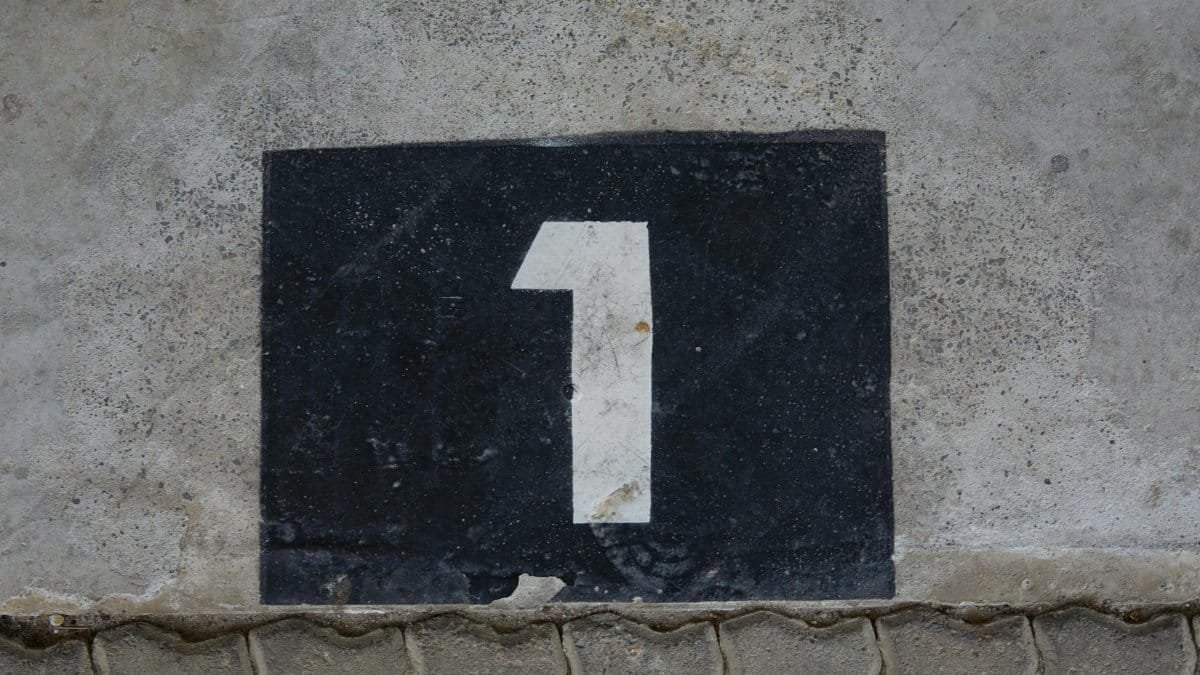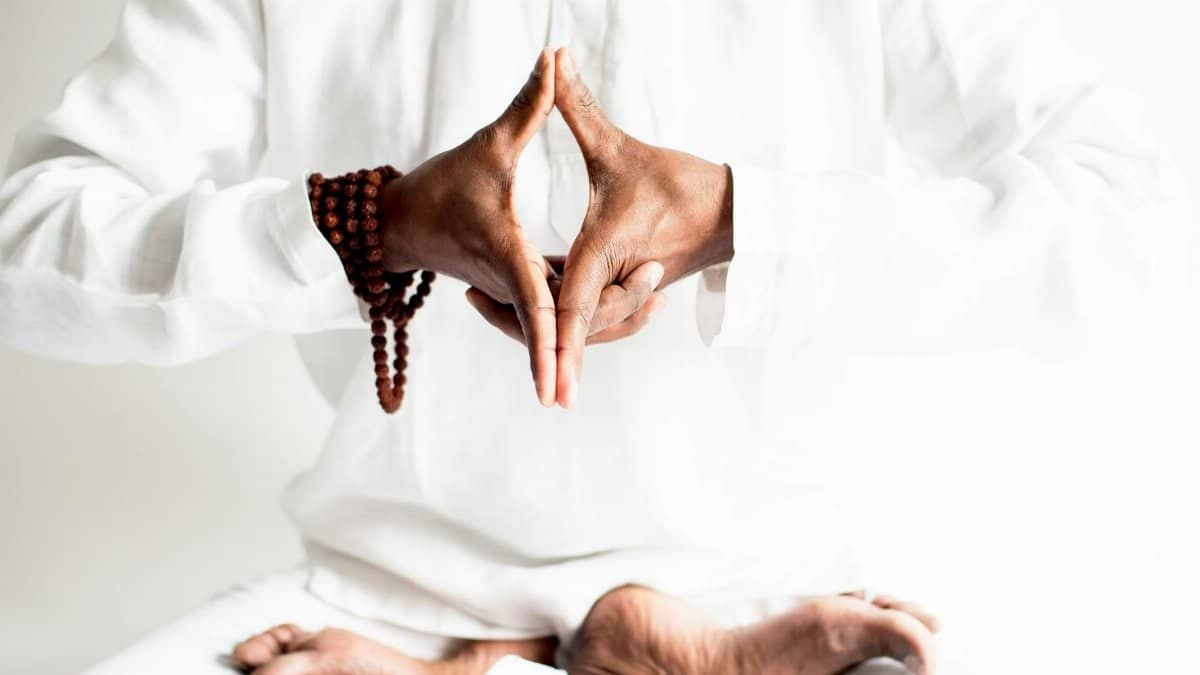In a world gripped by chaos, a surprising stat is turning heads: According to a recent Pew Research Center survey, 41% of Americans report experiencing some form of spiritual awakening in the past year, up from 29% in 2018. This surge reflects a broader shift toward inner exploration amid global uncertainties. Spiritual awakening, often described as a profound shift in consciousness leading to greater self-awareness and connection, is gaining traction as people seek meaning beyond material success. Experts argue it’s not just personal— it could reshape society by fostering empathy and collective healing.
What Triggers a Spiritual Awakening?

Spiritual awakenings don’t happen in a vacuum. Often, they’re sparked by life-altering events like loss, illness, or even a moment of deep reflection. For many, it’s a response to burnout in our fast-paced society. Take the case of everyday folks who’ve hit rock bottom— therapists note that crises can crack open the door to profound insights. In 2025, with mental health challenges on the rise, more Americans are turning inward. A study from Harvard’s T.H. Chan School of Public Health links such awakenings to reduced stress levels, suggesting they’re a natural antidote to modern woes.Harvard T.H. Chan School of Public Health on Spirituality and Health
The Signs You’re Experiencing One

If you’re questioning everything from your job to your relationships, you might be in the midst of a spiritual awakening. Common signs include heightened intuition, a sense of detachment from material pursuits, and vivid dreams or synchronicities. People report feeling more connected to nature or a higher power. In U.S. trends, wellness apps tracking meditation have seen a 30% user spike this year, per industry reports. It’s not always blissful— initial stages can feel disorienting, like shedding an old skin. Experts emphasize patience, as this process unfolds uniquely for each individual.
How It Impacts Mental Health

Spiritual awakening can be a game-changer for emotional well-being. By fostering mindfulness and purpose, it often alleviates anxiety and depression. A report from the National Institutes of Health highlights how spiritual practices correlate with lower cortisol levels, the stress hormone. In therapy circles, it’s increasingly integrated into treatment plans. For instance, veterans dealing with PTSD have found solace in awakening experiences, leading to better coping mechanisms. As 2025 brings more focus on holistic health, this angle is drawing attention from psychologists nationwide.NIH on Spiritual Practices and Stress Reduction
Challenges and Pitfalls to Watch For

Not all awakenings are smooth sailing. Some face “spiritual emergencies,” where rapid shifts cause confusion or isolation. Critics warn of bypassing real issues, like ignoring mental health care in favor of unguided pursuits. In the U.S., with a booming wellness industry valued at over $4 trillion, misinformation abounds. Experts advise grounding practices, such as journaling or seeking community support, to navigate pitfalls. Without balance, what starts as enlightenment can veer into disconnection from daily life.
Real-Life Stories of Transformation

From Wall Street executives ditching suits for yoga retreats to suburban moms finding purpose in volunteer work, stories abound. One anonymous New Yorker shared how a near-death experience led to quitting a toxic job and starting a nonprofit. These narratives echo across podcasts and social media, inspiring others. In 2025, celebrity endorsements—like those from Oprah Winfrey—amplify the message, making spiritual awakening accessible. Such tales underscore its potential to pivot lives toward fulfillment.
The Role of Community and Support

Going solo in a spiritual awakening can be lonely. That’s where communities shine—think online forums, retreats, or local groups. In cities like Los Angeles and New York, awakening circles are popping up, offering shared experiences. Research from Pew shows that group spiritual activities boost resilience. Experts say connecting with like-minded people prevents alienation and provides validation. As remote work persists in 2025, virtual communities are bridging gaps, making support more widespread than ever.
Integrating It Into Daily Life

Making spiritual awakening practical means small steps: daily meditation, mindful walks, or gratitude journaling. It’s about weaving awareness into routines, not overhauling everything overnight. Wellness pros recommend starting with 10 minutes a day to build habits. In corporate America, companies are even incorporating mindfulness programs to combat turnover. The payoff? Enhanced focus and joy in the mundane. For skeptics, it’s worth noting that even science backs these tweaks for long-term happiness.
Why Experts See It as a Societal Turning Point

Beyond the individual, spiritual awakening could foster global empathy. Thinkers like Deepak Chopra argue it’s key to addressing climate change and inequality by shifting collective consciousness. In a divided U.S., it might bridge political rifts through shared human experiences. A 2024 study from the University of California suggests spiritual growth correlates with prosocial behavior. As we head into 2025, with ongoing global tensions, this inner revolution might just be the catalyst for broader harmony.Greater Good Science Center on Spirituality and Health
Getting Started: Simple Steps Forward

Ready to dip your toes? Begin with breathwork or reading classics like “The Power of Now” by Eckhart Tolle. Seek reputable guides to avoid fluff. In the U.S., apps like Insight Timer offer free resources. Remember, it’s a journey, not a destination— consistency trumps intensity. Experts stress self-compassion, especially in early stages. With rising interest, 2025 could see even more tools emerging to democratize this transformative process.
